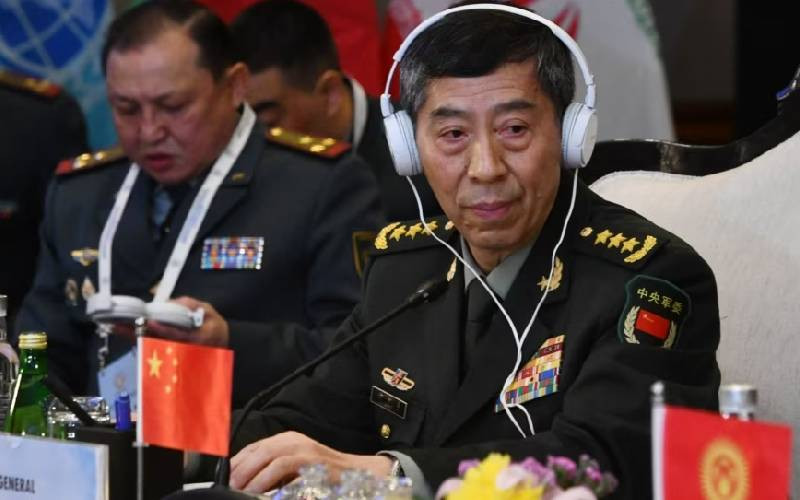×
The Standard e-Paper
Kenya’s Boldest Voice

The Pentagon says China has declined a request by the U.S. for a meeting between their defense chiefs at an annual security forum in Singapore this weekend.
Pentagon spokesman Brigadier General Pat Ryder said the U.S. in early May had offered for Secretary of Defense Lloyd Austin to meet with the People's Republic of China Minister of National Defense Li Shangfu, but that invitation was turned down this week.